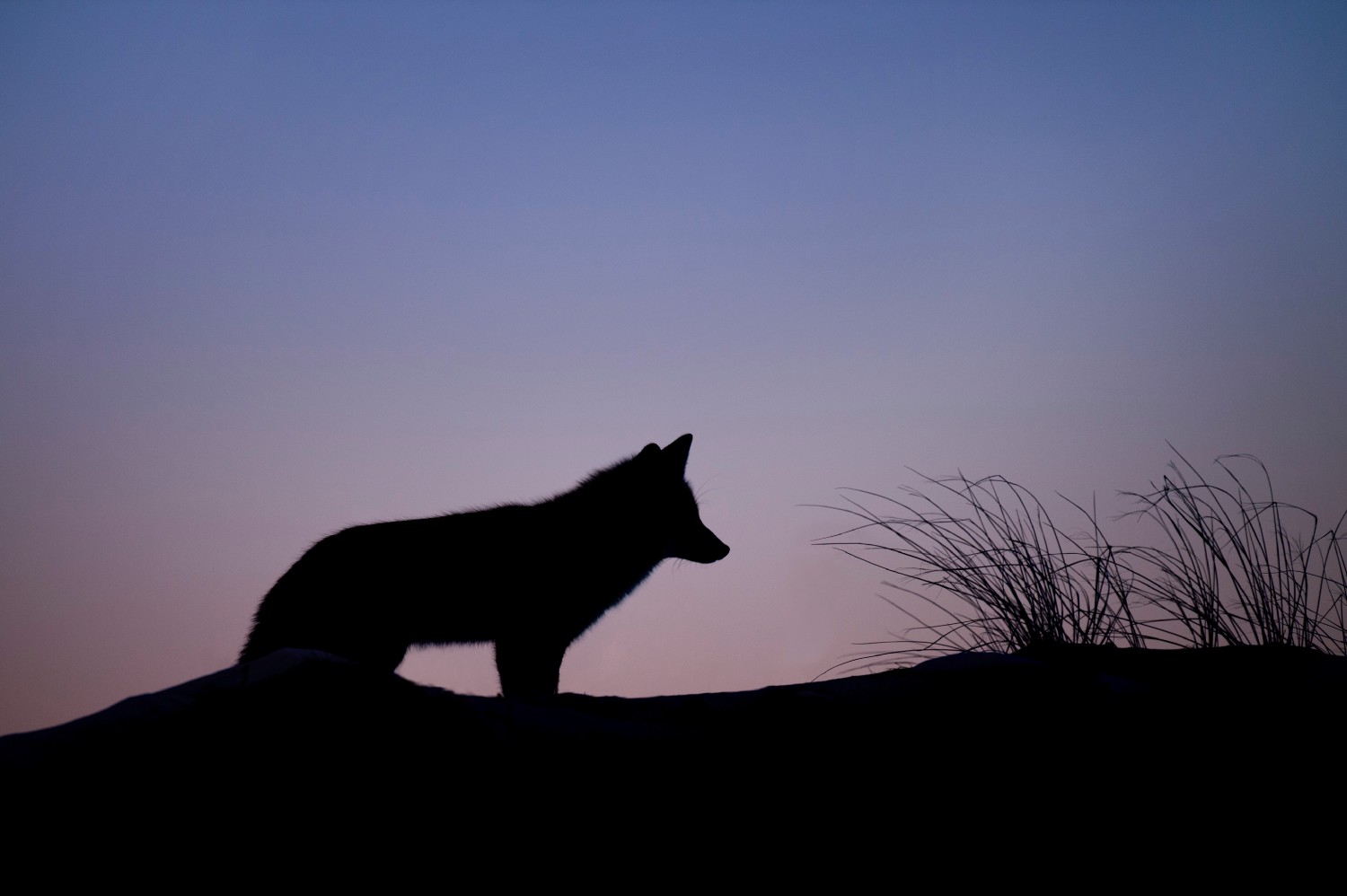The Tale of Two Wolves reminds us that the parts of ourselves that we feed, grows. But we also can think about the wolves within others that we’re feeding.
You can listen to the podcast version of this story below:
Let’s start with the Native American parable, the Tale of Two Wolves:
One evening, an elderly Cherokee brave told his grandson about a battle that goes on inside people. He said, ‘My son, the battle is between two wolves inside us all.
One is evil. It is anger, envy, jealousy, sorrow, regret, greed, arrogance, self-pity, guilt, resentment, inferiority, lies, false pride, superiority, and ego.
The other wolf is good. It is joy, peace, love, hope, serenity, humility, kindness, benevolence, empathy, generosity, truth, compassion and faith.’
The grandson thought about it for a minute and then asked, ‘Grandpa, which wolf wins?’
The old Cherokee simply replied, ‘The one that you feed.’
As we go about our lives, we can choose which of the wolves we want to feed. We can choose to feed the wolf of joy, peace, love, hope, serenity, and all those good things in every moment, or we can choose to feed the bad wolves. We have to remember that it’s not often one choice, one feeding of a wolf or the other, that creates what we see inside ourselves and what we see inside the world. It’s a long history of feeding one wolf over the other. It starts every day.
These wolves live inside us. Though one wolf — say, the good wolf — might at any given point in time be a little bit malnourished, we can always feed it. Though one wolf, the evil wolf, may be a little bit plump because of choices that we’ve made in the past, we can choose today to feed a different wolf.
It often turns out that what we see in the world from other people and from our circumstances is very much correlated with the wolves that we’re feeding inside of us and inside of other people. When we encourage other people, when we feed their good wolves, we see that. We see that in them, and we see that in the people they change, and they tend to want to feed other people’s good wolves. When someone’s bad wolf has been overfed, we tend to see that, and those are the wolves that bite us. Those are the wolves that hurt us, as opposed to those good wolves, which protect us and help us out along the way.

In some ways, it reminds me of a song called “Flame Turns Blue” by David Gray, who is one of my favorite artists. The lyric that really catches me is, “I’m in collision with every stone I ever threw…”
The energy we put out there in the world, we get back. We throw stones. We get hit by them. We throw ripples of goodness. Some way or the other, we get hit by those, too.
The funny thing about this is that we don’t always see it come back at the source where we share it. We may smile at somebody today, and tomorrow when we need somebody to smile at us, they smile. In some traditions, they call it “karma,” but it goes by many names, among many people. The more that we feed the good wolves in the world, the more they come back to us.
As you’re going about your days and weeks, I hope that in those moments in which it seems so much easier to feed the bad wolf, you’ll choose instead to choose the one that you want to win: the good wolf.
Call To Action
Want to feed the (good) wolf of creativity, abundance, and success?
Click here to get tools and worksheets that’ll help you thrive by finishing what matters most.
Originally published at medium.com


